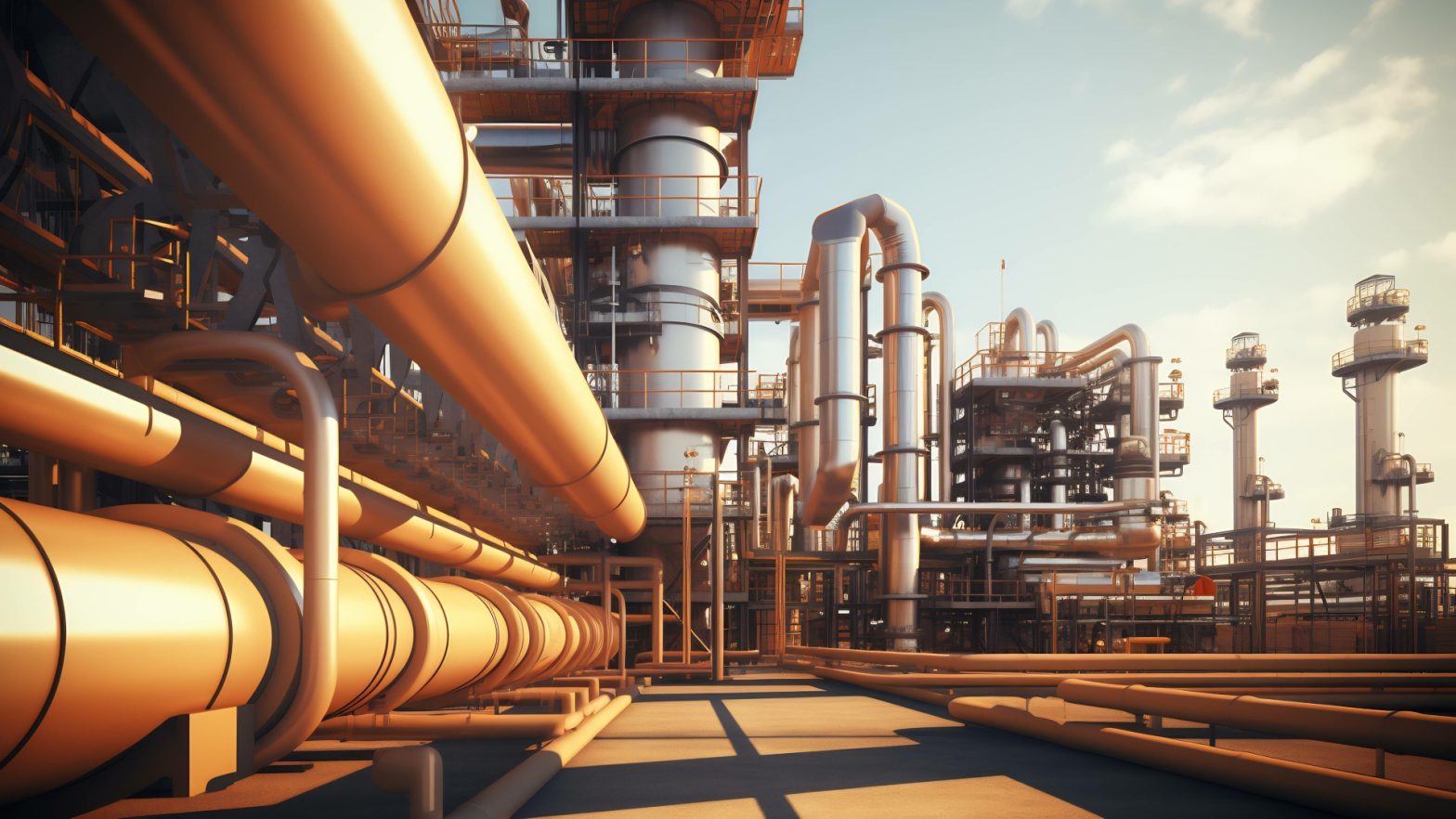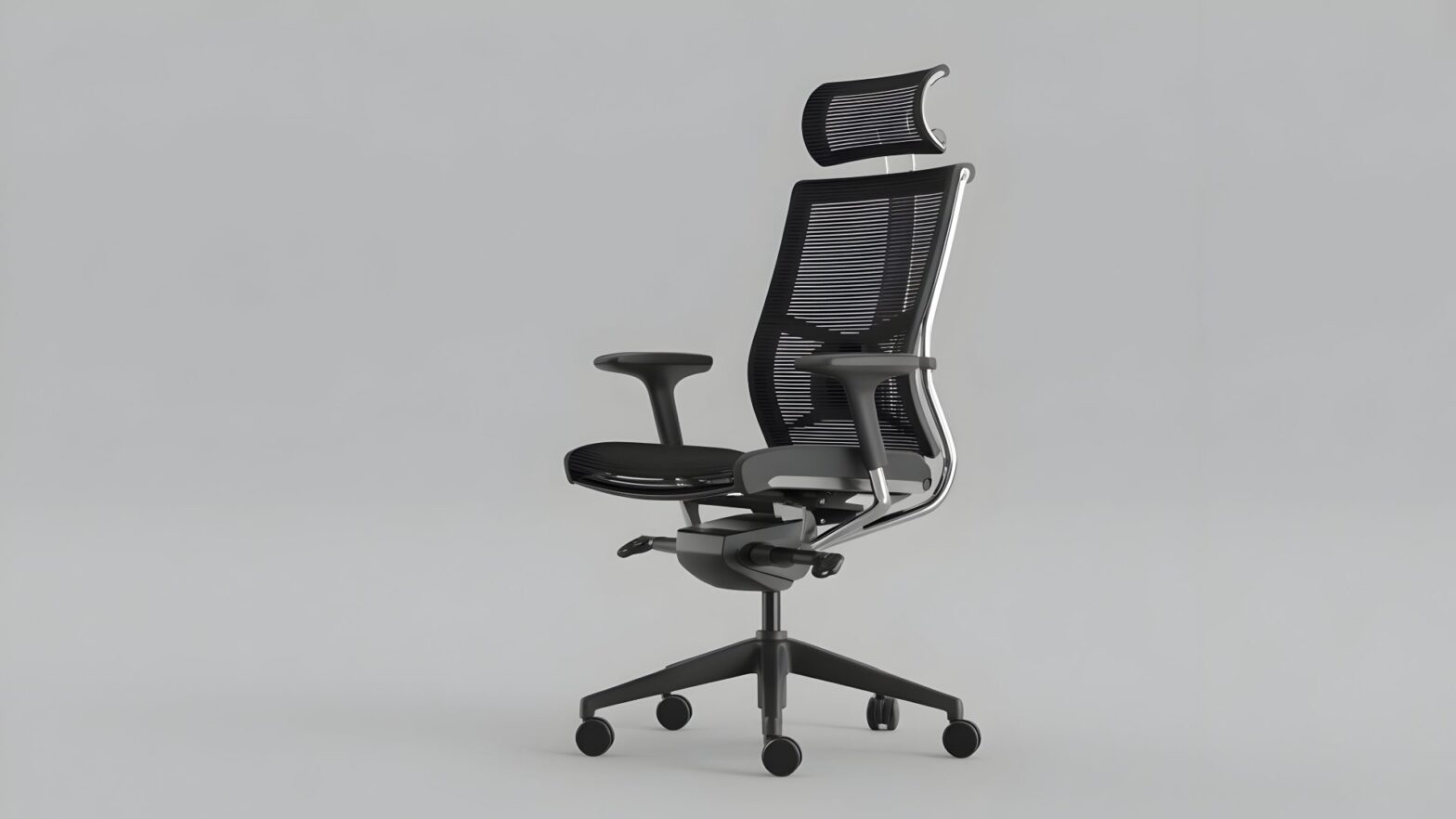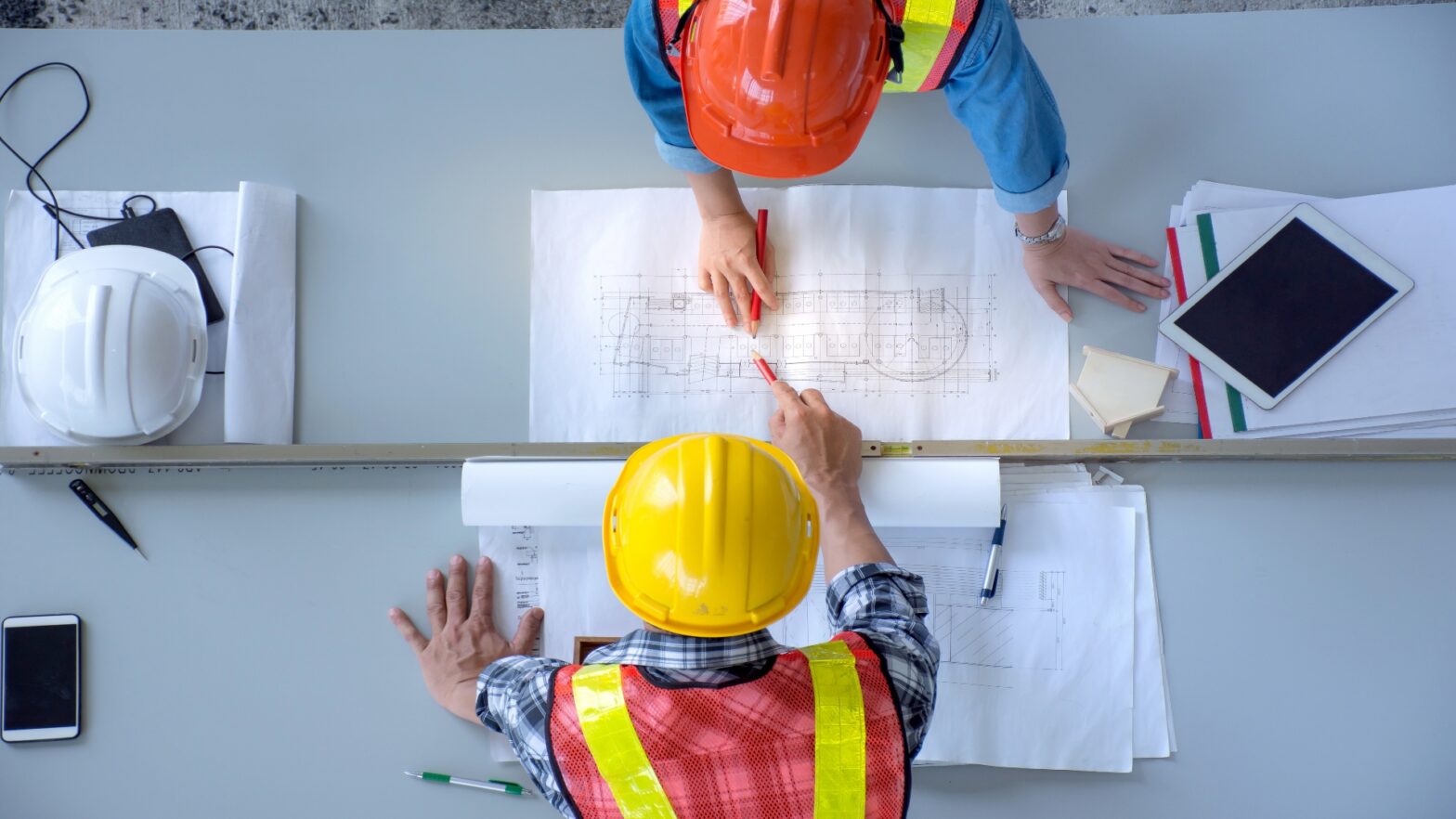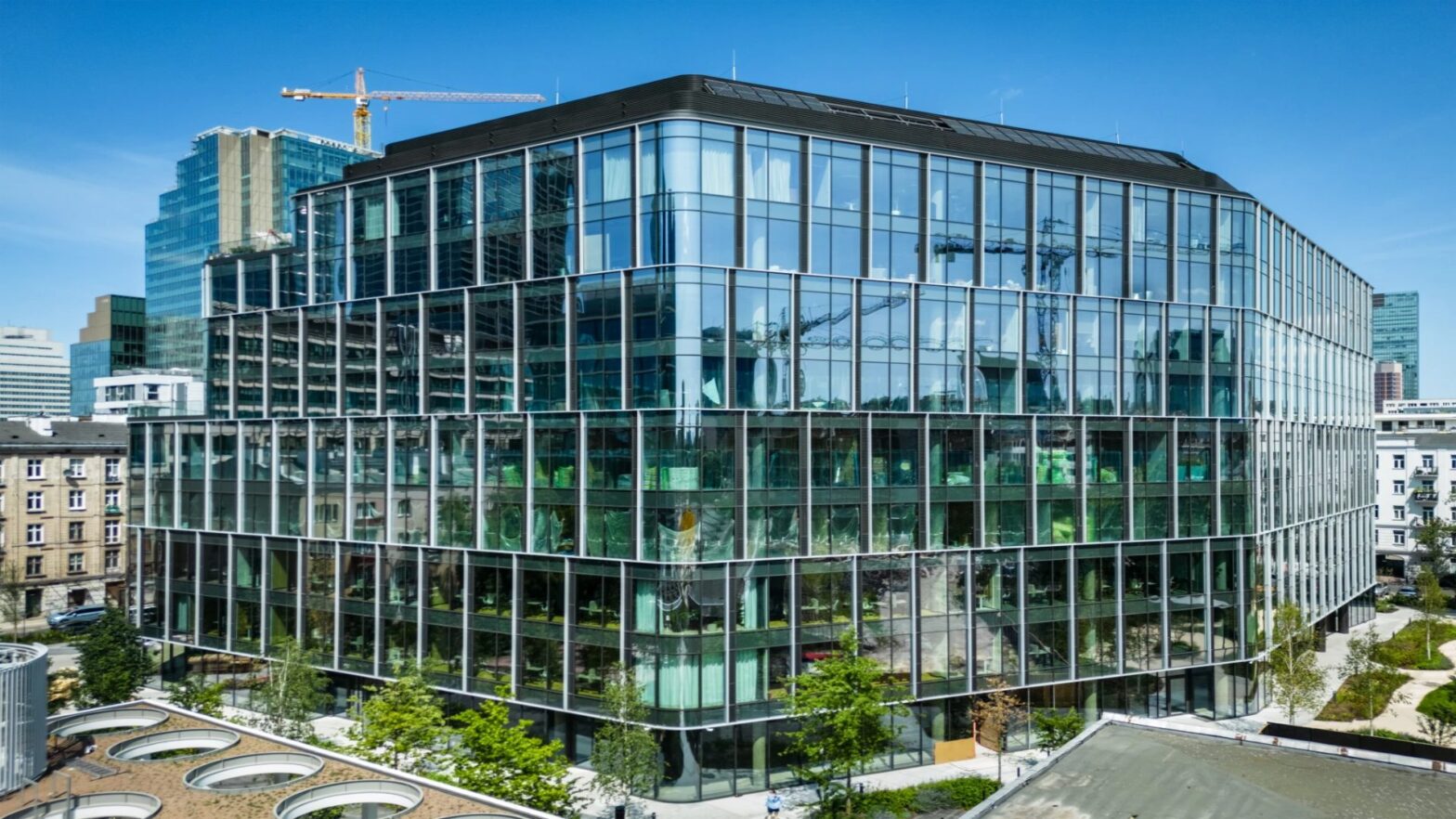Construction industry equipment is essential to any successful project. While professionals may attempt to squeeze every bit out of obsolete machinery, at some point, it becomes cost-prohibitive to keep using outdated models. This blog post will identify key indicators it might be time for an update or replacement in terms of plant investments as well as practical tips specifically tailored to help construction professionals make informed decisions regarding equipment investments.
Low Performance and Efficiency
An obvious sign it might be time for replacement of construction equipment is when its performance and efficiency diminish significantly. If tasks take longer to complete than they used to do or adjustments need making frequently, that should be seen as a warning sign. Modern machinery has been specifically developed to be faster and more productive. Investing in new machinery could significantly enhance project timelines and output.
Breakdowns and Repairs
As soon as your construction equipment starts to malfunction on an ongoing basis, it could indicate that it’s time for an upgrade. Regular repairs drain your budget while disrupting workflow. Monitoring repair expenses over time can help determine if they outweigh the advantages of keeping older machinery. Upgrading could save money over time by decreasing maintenance expenses and avoiding unexpected downtimes.
When looking to replace broken equipment, aim to go local and use dealers who know your business. If you don’t know anyone yet, start by searching where you’re based. For instance, search heavy equipment Denver and see what comes up. You’ll be able to find a reputable dealer that can supply you with heavy machinery and talk you through what you might need to upgrade.
Fuel Consumption
Older construction plants tend to be less fuel-efficient, leading to higher operating costs and potentially increasing consumption rates significantly. Consider newer models with better efficiency if this trend occurs for your plant. Fuel consumption can quickly add up, negatively affecting both your bottom line and the environment. Modern machinery often features advanced technologies which optimize usage more cost-effectively while being eco-friendly.
Trouble Locating Replacement Parts
Construction technology is constantly advancing, with newer equipment often featuring features that can significantly enhance operations. If your current machinery lacks key components such as advanced diagnostics, automation, or improved ergonomics that could reduce operator fatigue and provide crucial insights into equipment performance, consider upgrading. Doing so may increase overall efficiency for you while decreasing operational downtime.
Compliance in Construction
Regulations within the construction industry are constantly shifting, necessitating updated equipment to remain compliant. Older machines may no longer meet emission or safety regulations imposed by regulators and could expose your projects to fines or shutdown. Complying with regulations is key to maintaining your reputation. Investing in new equipment helps ensure you meet current standards while operating legally.
As soon as it comes time to sell old equipment, it is vital that you consider its resale value. Over time, outdated machines lose value. When selling, act quickly to maximize profit returns. Keep an eye on market trends so you can determine when selling will bring in maximum return and use savings wisely for new machines.
Feedback from Operators
Your equipment operators provide invaluable insight into the condition of your machinery. For optimal results, collect regular feedback on its performance and reliability from them to gauge whether a replacement may be required. Involve your team in decision-making to meet all their needs while creating an ideal work environment.
Recognizing when it is necessary to upgrade a construction plant is key to its efficiency, safety, and profitability. Various indicators could signal that an upgrade may be necessary, from performance issues and frequent breakdowns to increasing operational costs and safety concerns. Taking proactive steps such as purchasing new equipment when needed allows construction professionals to ensure projects run smoothly, meet deadlines on schedule, and uphold high-quality standards throughout their projects.





























